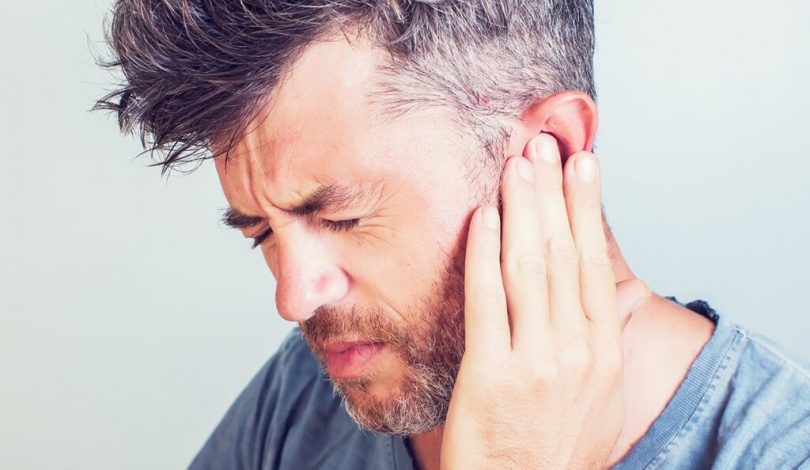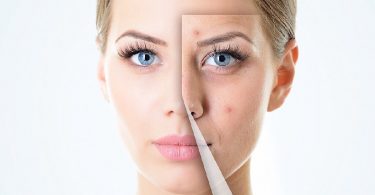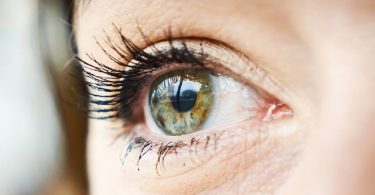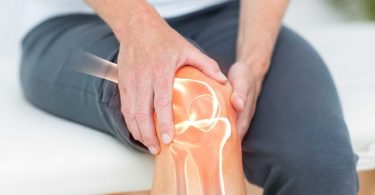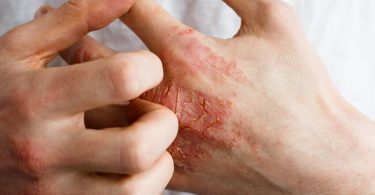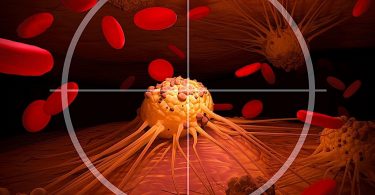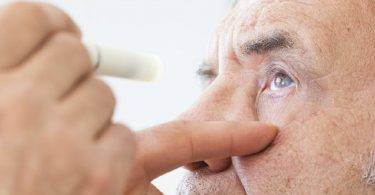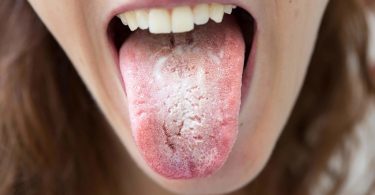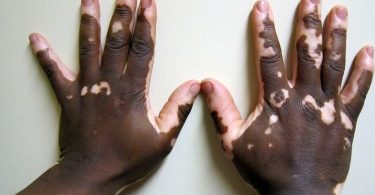In this article we will talk about : tinnitus causes, symptoms and treatment.
Contents
Tinnitus definition
Tinnitus ( ringing in ears ) corresponds to noises (buzzing, whistling …) perceived in one ear or in both. In question: certain practices of listening to music which expose daily to too violent sounds.
Tinnitus is an abnormal hearing perception of noise in the ear (ringing, whistling, ringing, etc.).
These subjective sounds are not linked to external sound stimulation.
In most cases, they are only perceived by the person who suffers from them. So, if other people hear them, we talk about objective tinnitus : rare, they can be caused by vascular malformations.
The person affected generaly dont easily tolerate tinnitus and can have repercussions on daily life. So, it depends on the subject’s tolerance and the intensity of the noise.
Ringing in ears affects all age groups . Young people also , the omnipresence of music in their daily life leading to high risk listening practices (headphones, mp3 phenomenon).
Tinnitus causes
Tinnitus can be symptomatic of certain diseases. Like cardiovascular disorders, ménière’s syndrome , tumor, high blood pressure, etc. Or the result from acoustic damage ( repeated exposure to a large volume of sound : concert, consequences of an accident: fracture of the skull bone).
Long-term drug treatments (certain antibiotics, aspirin) may also be involved.
Sometimes, problems with the dental joint (interlocking of the teeth when the jaws are in the closed position) are the cause of ringing in ears .
Other causes may be encountered, but very often they are not clearly identified. Sometimes it is hyperacusis (hypersensitivity to normally supported noise).
To determine the origins of these tinnitus, the consultation of an ENT doctor is essential.
Tinnitus symptoms
When a person perceives in an ear internal ringing, whistling, unusual noises, without real sound source, we suspect a presence of ringing in ears .
Ringing in ears can be intermittent or continuous and can affect one or both ears.
We ca note also, depending on the causes of ringing in ears , a decrease in hearing , nausea and dizziness.
Tinnitus prevention councils
To avoid the appearance of tinnitus, it is important to follow a few simple tips on a daily basis:
- avoid regular exposure to loud noises and / or high noise volumes;
- then, advise children and adolescents to limit the time spent listening to music on portable music players to less than one hour per day …
Tinnitus exams
In the presence of unusual noises in the ear , an ENT consultation is essential to find the cause and define the most appropriate treatment.
- During this consultation, the otoscopic examination (visualization of the ear canal with an otoscope) is the first test that must be performed.
- It indicates the possible presence of a plug of earwax and determines the condition of the eardrums.
- A tonal voice audiometry estimates the intensity of the deafness.
- The impedancemetry (comprising the tympanometry and the stapedial reflex) is the method that allows you to browse the functioning of the hearing diffusion device.
- In certain cases, we recommand additional examinations a (computed tomography, MRI, etc.) in order to detect underlying diseases (otitis, vascular malformation, etc.).
Tinnitus treatment
In all cases, during tinnitus, it is necessary to consult an ENT specialist to determine the origin of these noises. The treatment for tinnitus depends on their origin.
When we clearly identify the cause (medium ear infection, earwax plug or foreign body), it is enough to treat it to restore normal hearing most of the time.
Apart from these special cases, there is no miracle cure to cure ringing in ears . Sometimes they disappear despite everything.
To help patients to improve their living comfort, specialists have developed different habituation techniques. It is a matter of learning to divert one’s attention from these interior noises in order to manage to live with them.
The care must therefore be multidisciplinary around three essential specialties: the ENT doctor, the hearing aid acoustician and the psychologist who is most often either a sophrologist or a behavioral therapist.
Several types of tinnitus medication
Drug treatment are very often used:
- antidepressants;
- anxiolytics;
- some antiepileptics.
Note: trimetazidine-based vasodilators (Vastarel and generics) are no longer indicated in the treatment of tinnitus due to a risk benefit considered unfavorable. (Source: ANSM, November 2012).
Hearing aids and rehabilitation
There are three types of hearing aids:
- hearing aids (they amplify outside sounds to mask tinnitus);
- white noise generators (low frequency sounds are background noise);
- combined devices (noise generator and amplifying hearing aid).
When the patient wears a hearing aid, he most often follows a hearing rehabilitation protocol.
In general, this program includes psychological support (cognitive and behavioral therapy).
Alternative approaches
Alternative treatments may be effective, depending on the patient:
- hypnosis improves quality of life;
- relaxation techniques, particularly sophrology, deal with the stress and anxiety generated by these noises;
- homeopathy;
- acupuncture;
- aromatherapy…
Homeopathy: while waiting for a medical consultation or in addition, it may be useful to take Chininum sulfuricum 9CH, 3 granules 3 to 6 times a day for the duration of the disorders, then 2 times a day for long periods.
Aromatherapy: apply 5 drops of pure Italian helichrysum essential oil around the ear, three times a day until improvement. Please note, restrictions exist for children under 6 and pregnant women.
Read also:
Tonsillitis: causes, symptoms and treatment

